Sclerotium On Alliums – How To Manage Allium White Rot Symptoms
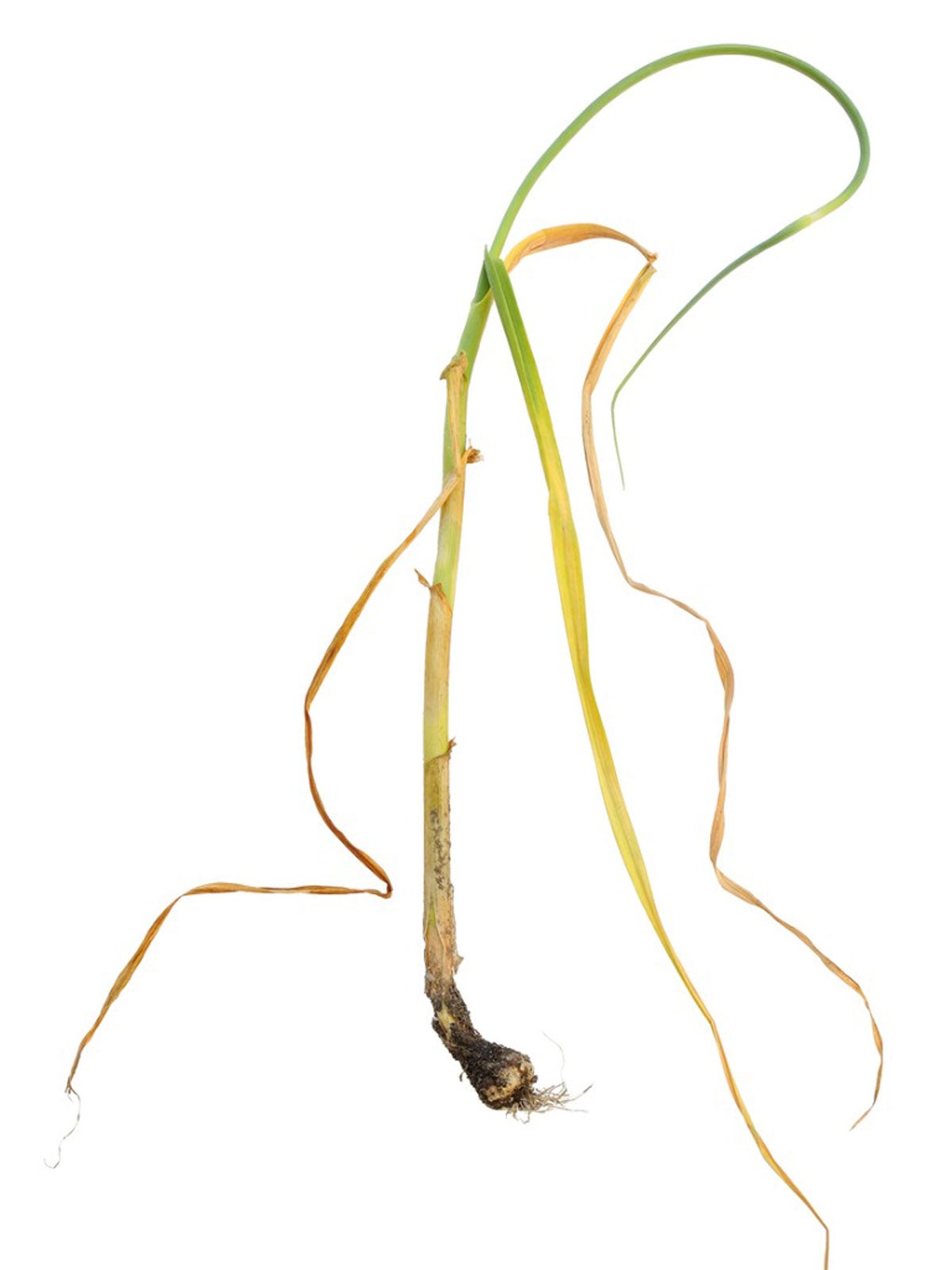
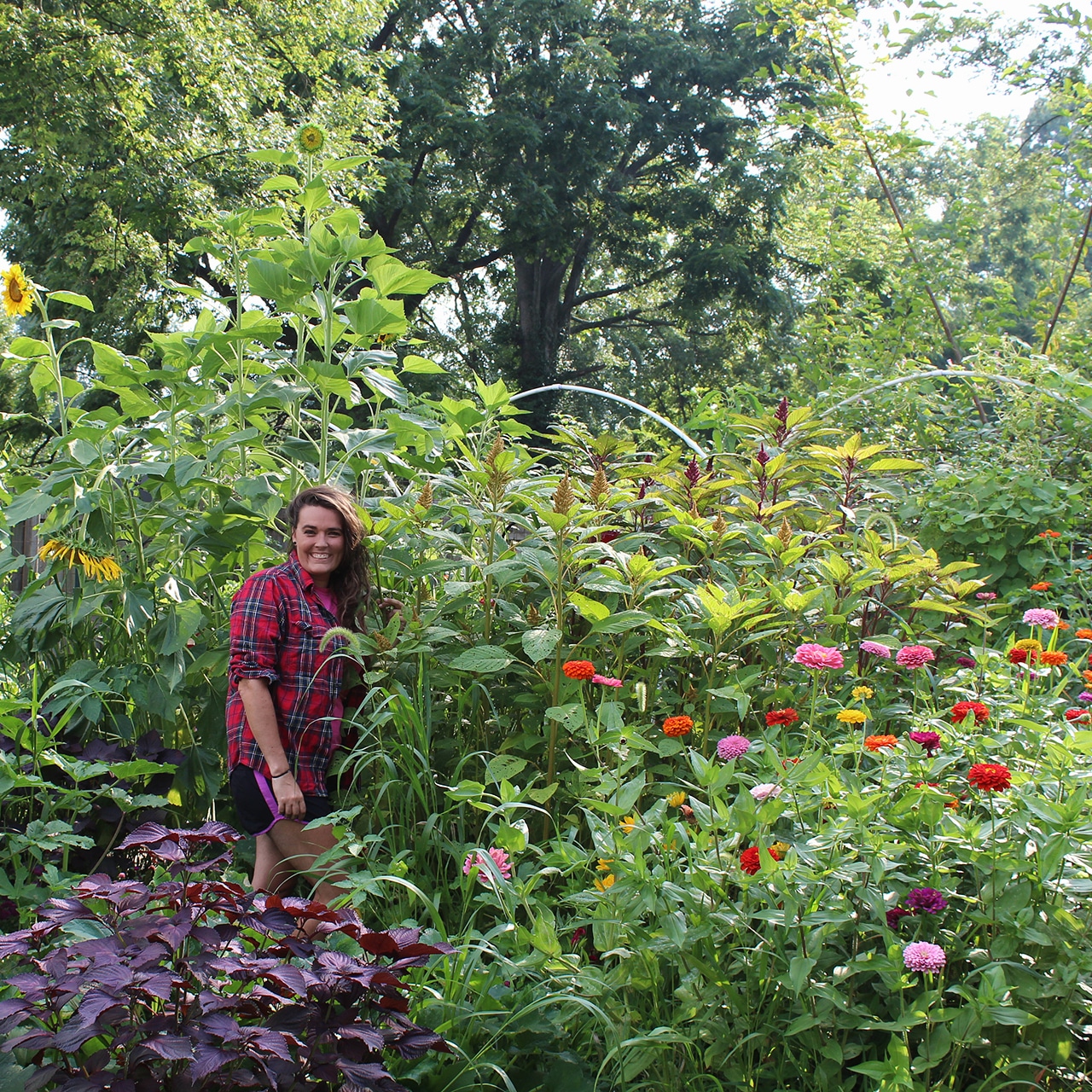
Crops like garlic and onions are a favorite for many home gardeners. These kitchen staples are an excellent choice for overwintering in the vegetable patch and for growth in containers or raised beds. As with any crop, it’s important to pay close attention to the needs and growth requirements of the plants to ensure the best results possible.
This also means routine observation of potential pest and disease issues which may damage plants or diminish yields. One specific issue, allium white rot, should be monitored carefully, as it can result in complete loss of allium plants.
What is Sclerotium on Alliums?
Sclerotium on alliums, or allium white rot, is a fungal issue. What causes white rot specifically? Allium white rot is caused by a fungus called Sclerotium cepivorum. Even in small quantities, these fungal spores can quickly spread to infect large plantings of garlic and onions.
When conditions are ideal, with temperatures around 60 degrees F. (16 C.), the fungus is able to germinate and reproduce in the soil.
Allium white rot symptoms include yellowing of leaves and stunted plants. Upon closer inspection, growers of onions and garlic (and related allium plants) will find that the bulbs have also been affected. Bulbs of infected plants may appear dark in color and covered with a white, matted “fuzz” or black specks.
Treating Sclerotium White Rot
When allium white rot symptoms are first noticed in the garden, it is imperative that you promptly remove and destroy any infected plant matter. This will help to prevent the spread of the infection in the current season’s crop, though it may not prevent it completely.
Allium white rot can remain in the garden soil for up to 20 years after the initial infection. This makes it especially detrimental to home gardeners and those growing in limited spaces.
Gardening tips, videos, info and more delivered right to your inbox!
Sign up for the Gardening Know How newsletter today and receive a free copy of our e-book "How to Grow Delicious Tomatoes".
As with many soil-borne diseases, the best strategy is prevention. If allium plants have never been grown in the garden before, use plantings are disease free from the start. When buying, make certain only to purchase seed or transplants from a reputable source.
Once allium white rot has been established in your garden, controlling it may be difficult. Long-term crop rotation will be essential, as infected areas of the garden should no longer be used to grow onions or garlic. It will also be important to avoid the spread of the spores through the use of contaminated garden tools or even foot traffic on cultivated areas.
Though the use of fungicides has provided some control, these options are seldom realistic for home gardeners. Select studies suggest that the use of solarization in the growing space has also helped to reduce the viability of the fungus present in the garden soil.

Tonya Barnett has been gardening for 13 years. Flowers are her passion. She has transformed her backyard into a cut flower garden, which she regularly chronicles on her YouTube channel http://www.youtube.com/@tonyawiththeflowers.
-
 Looking For Plants To Give You The Soft And Fuzzies? Try These 5 Fuzzy Leaf Plant Options
Looking For Plants To Give You The Soft And Fuzzies? Try These 5 Fuzzy Leaf Plant OptionsLovers of texture, drama, silver foliage and tactile plants will adore these special sensory garden additions. These fuzzy leaf plant options will leave you all aglow
By Susan Albert
-
 Get Ready For A Summer Of Hummers! Grow These Full Sun Hummingbird Plants and Flowers
Get Ready For A Summer Of Hummers! Grow These Full Sun Hummingbird Plants and FlowersIf you’re lucky enough to enjoy a sunny backyard, make sure you are maxing out on your pollinator opportunities and grow these full sun hummingbird plants and flowers
By Tonya Barnett
-
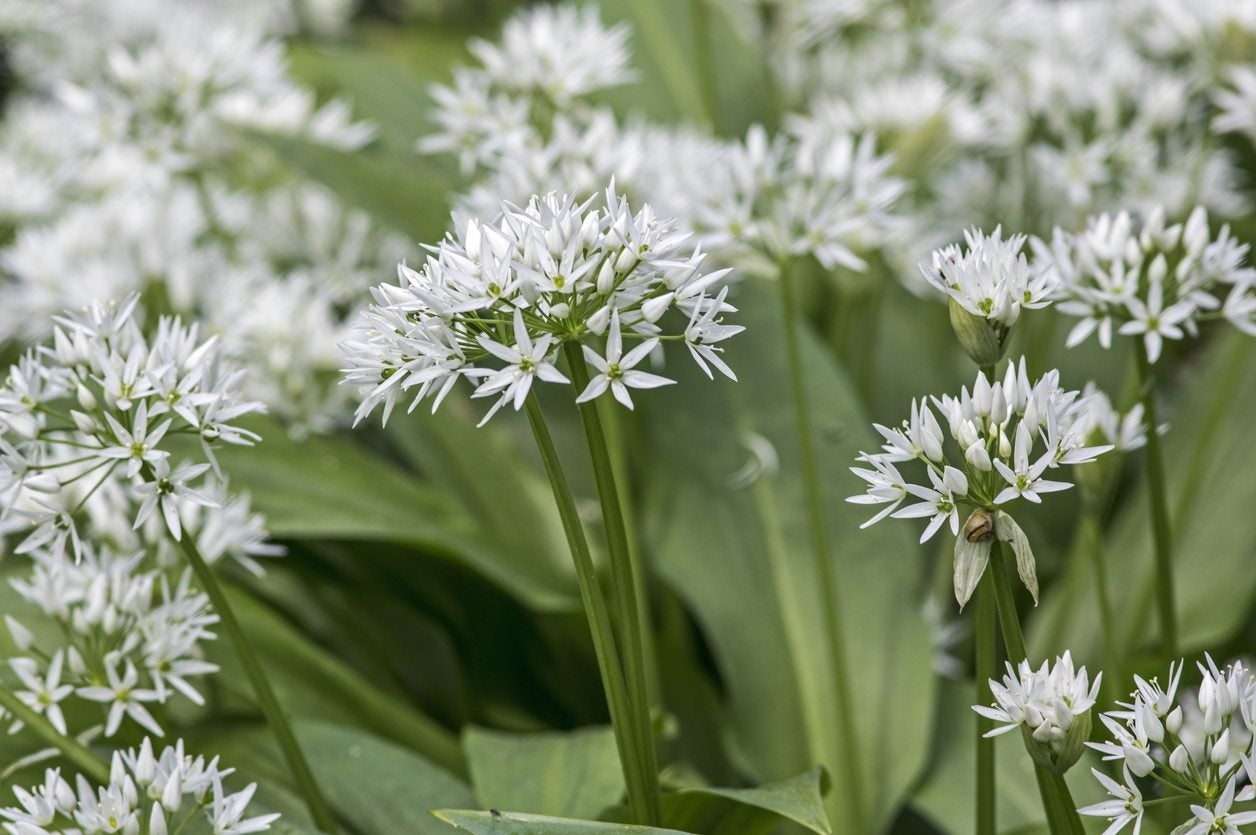 Controlling Allium Plants & How To Manage Flowering Onions
Controlling Allium Plants & How To Manage Flowering OnionsIf ornamental alliums are so practical and attractive, how could there be any problems with ornamental alliums in the garden? Not all allium varieties are well-behaved. Some become weeds that are nearly impossible to get rid of. Learn more in this article.
By Mary H. Dyer
-
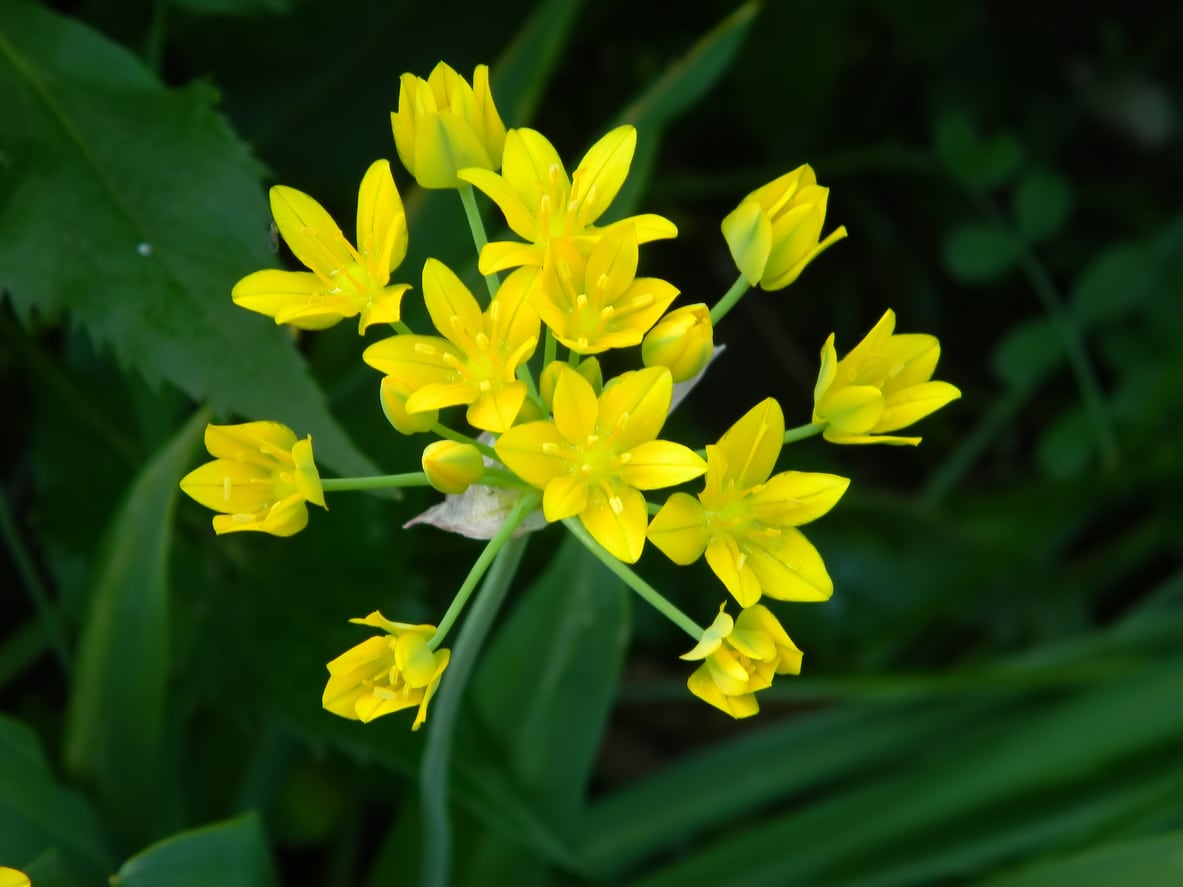 Allium Moly Care – Learn How To Grow Golden Garlic Alliums
Allium Moly Care – Learn How To Grow Golden Garlic AlliumsGolden garlic, also called moly garlic, is an allium bulb plant that offers bright, long-lasting yellow flowers on tall stalks. For more allium moly information, plus tips on how to grow golden garlic, click on the following article.
By Teo Spengler
-
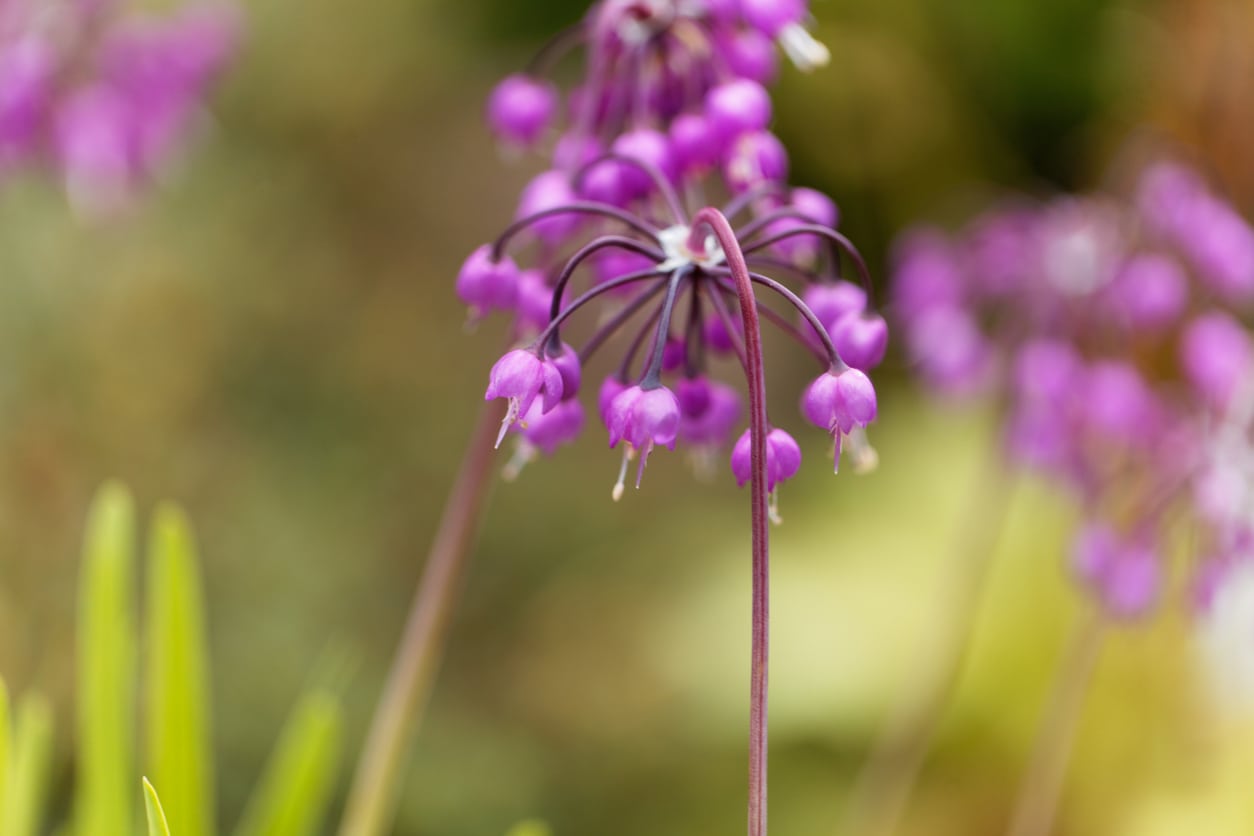 Nodding Pink Onions – How To Grow Nodding Onions In Your Garden
Nodding Pink Onions – How To Grow Nodding Onions In Your GardenIf you love wildflowers, try growing a nodding pink onion. What’s a nodding pink onion? Well, its descriptive name gives more than just a hint but you can click on this article to learn how to grow nodding onions and about nodding onion care.
By Amy Grant
-
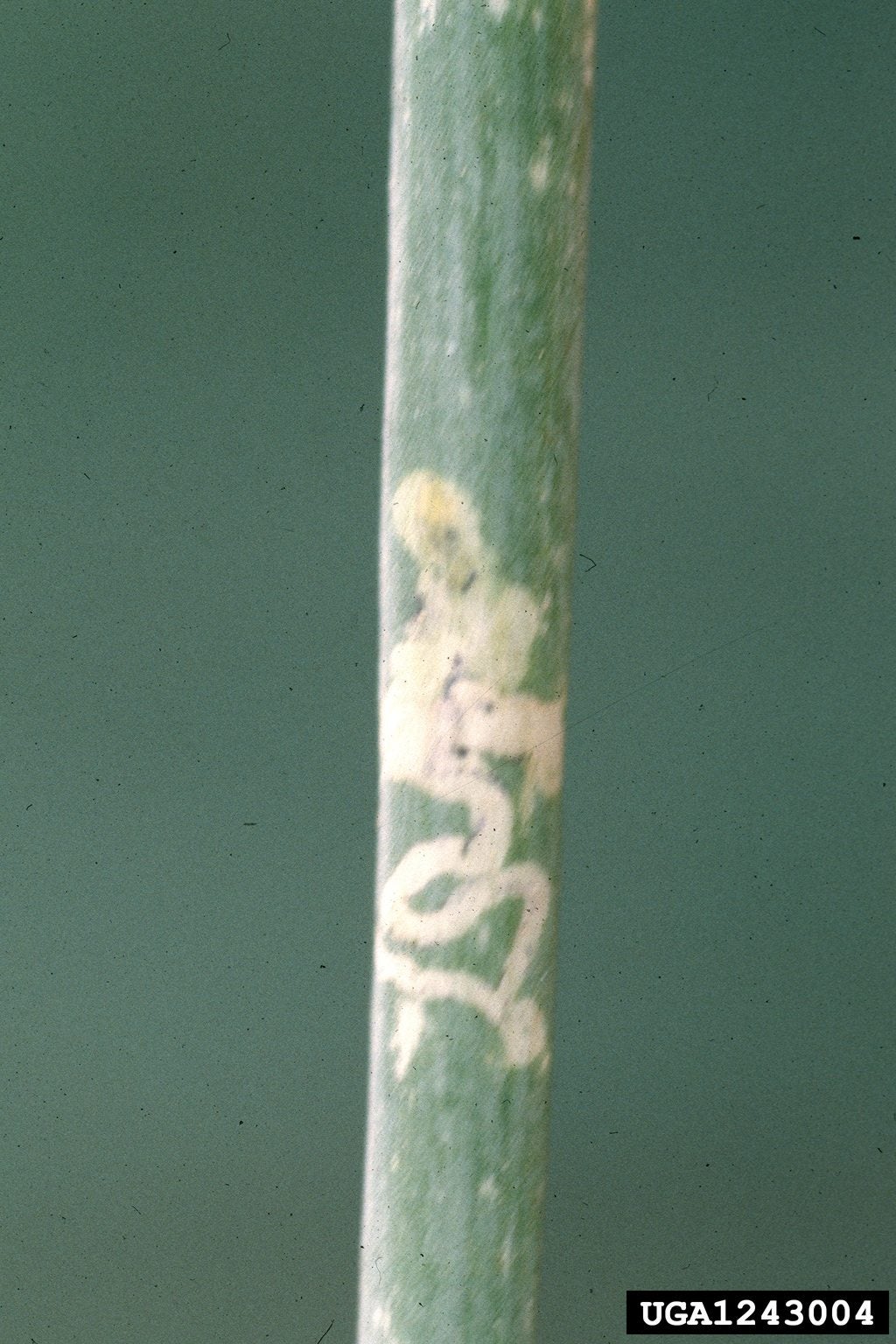 Allium Plant Pests: Learn About Allium Leaf Miner Control
Allium Plant Pests: Learn About Allium Leaf Miner ControlAllium leaf miners were first detected in the Western Hemisphere in December of 2016. Since then they've become a serious pest of onions and other alliums in Canada and the Eastern U.S. Find out about detecting and treating allium leaf miners in this article.
By Jackie Carroll
-
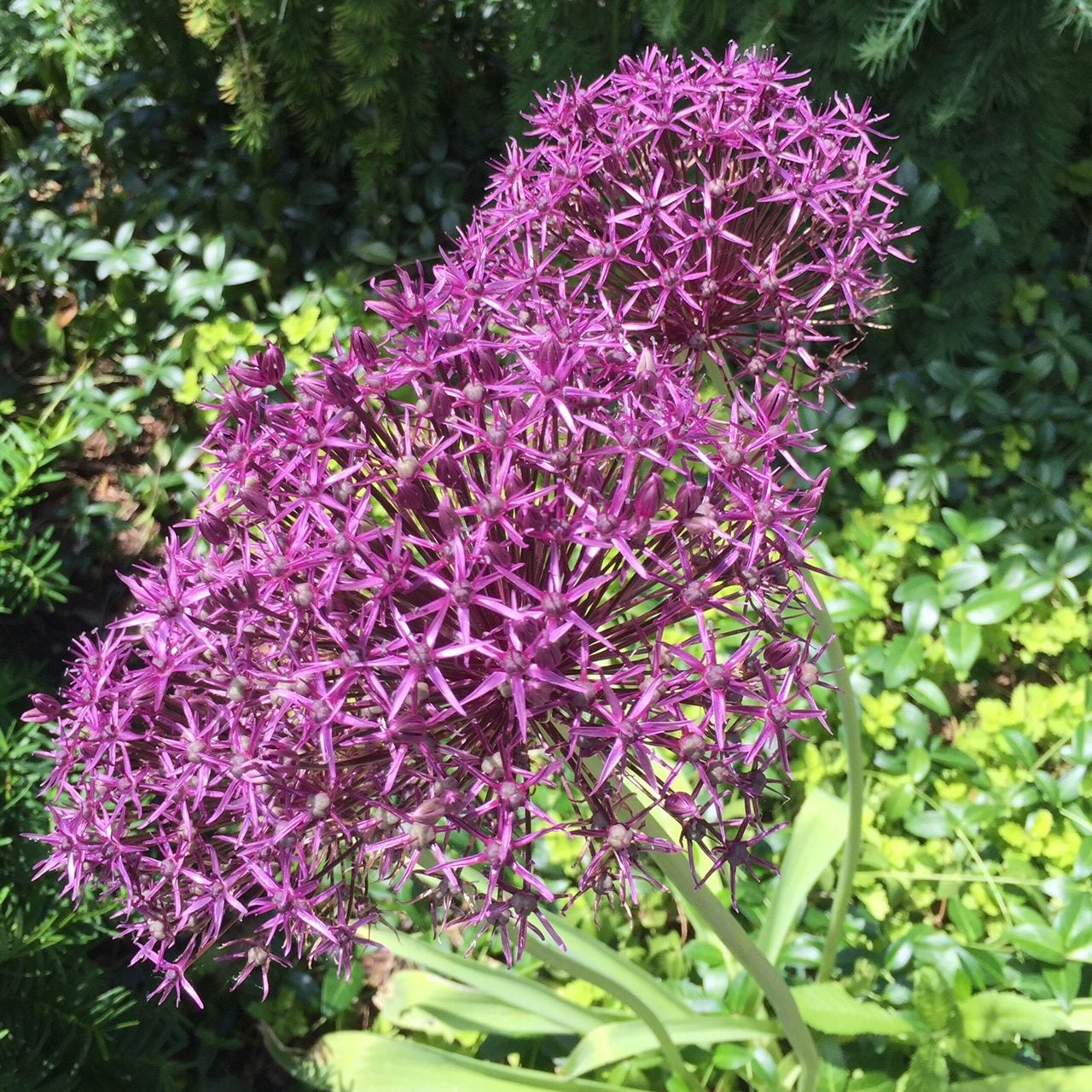 Allium Post Bloom Care: Caring For Allium Bulbs Once Flowering Is Over
Allium Post Bloom Care: Caring For Allium Bulbs Once Flowering Is OverAlliums are usually exclusively grown for their flowers. But what do you do with your allium once it's finished flowering? Learn more about how to care for alliums after blooming in this article so you can enjoy their beauty as long as possible.
By Liz Baessler
-
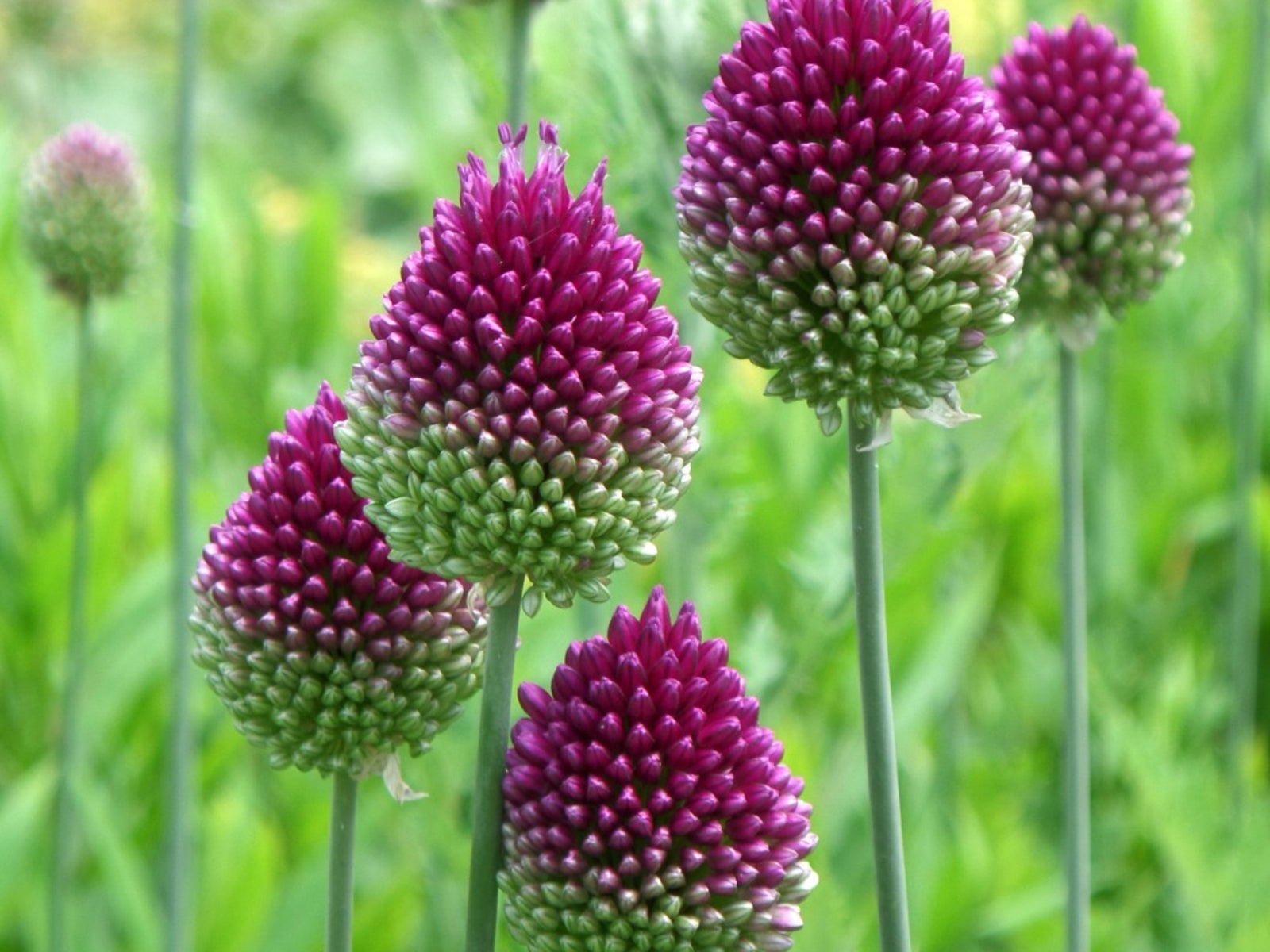 Drumstick Allium Flowers: Tips For Growing Drumstick Alliums
Drumstick Allium Flowers: Tips For Growing Drumstick AlliumsDrumstick allium is appreciated for the egg-shaped blooms that appear in early summer. Hollow, grayish-green foliage provides lovely contrast to the pink to rosy-purple drumstick allium flowers. Click here to learn more them.
By Mary H. Dyer
-
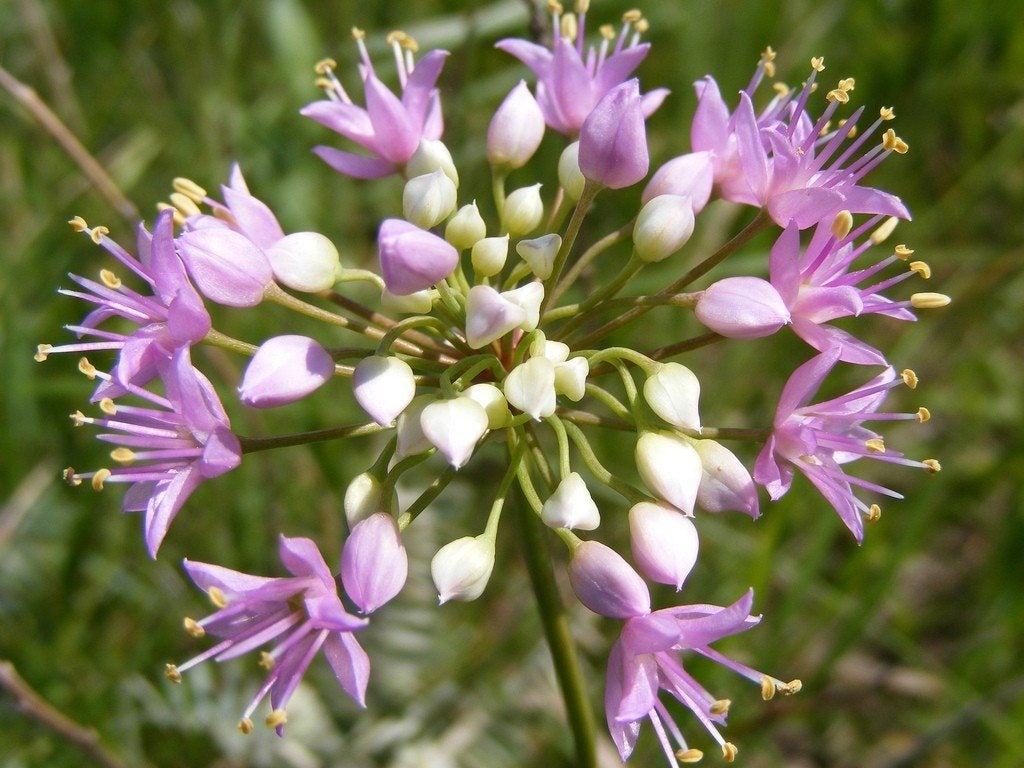 What Are Prairie Onions: Information On Allium Stellatum Wildflowers
What Are Prairie Onions: Information On Allium Stellatum WildflowersPrairie onions are a member of the Allium family. Wild prairie onions are edible and in the garden add a natural grace. Get some growing and care information for wild prairie onions in this article.
By Bonnie L. Grant
-
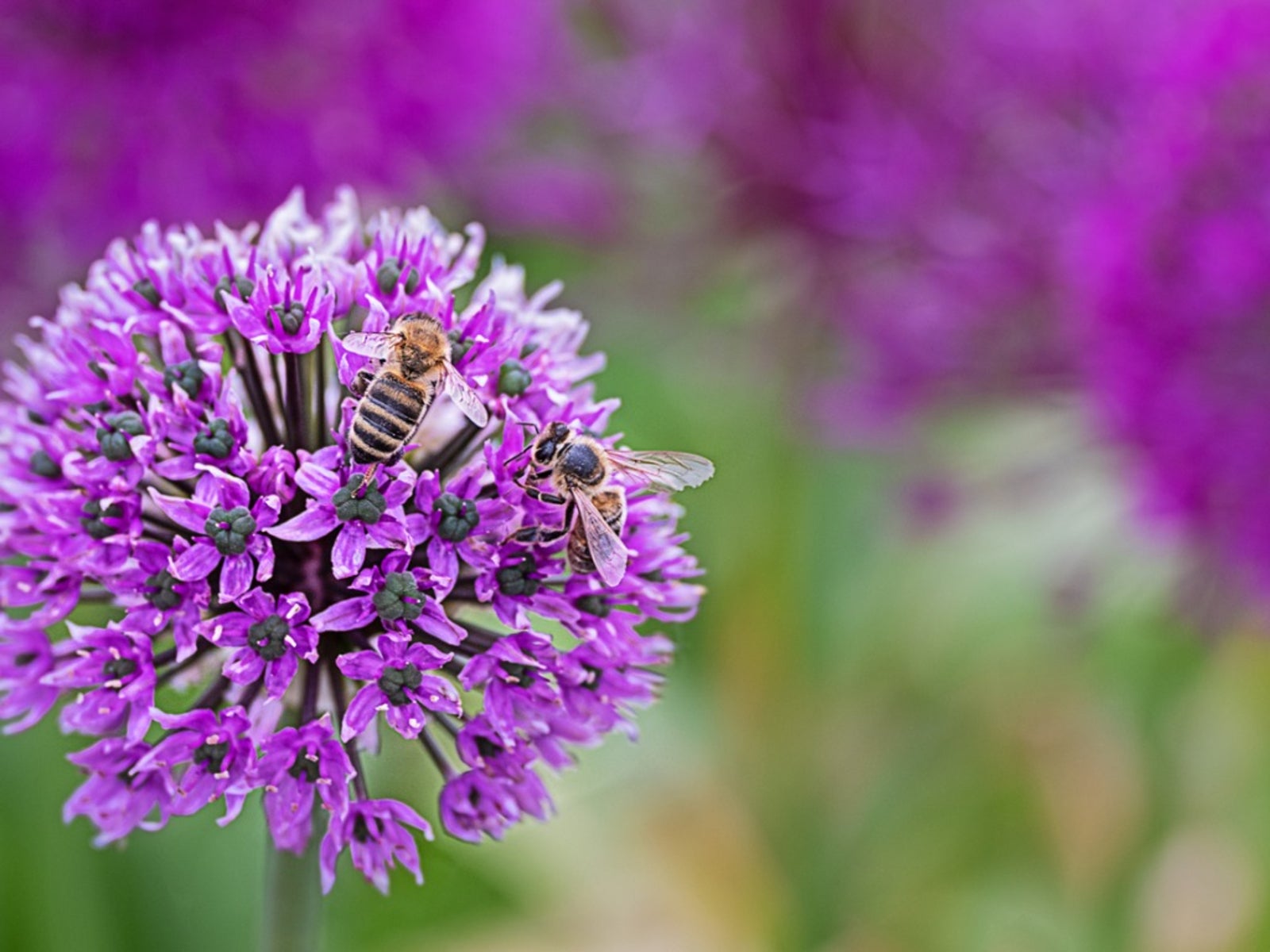 Allium Plant - How To Grow Alliums In Your Flower Garden
Allium Plant - How To Grow Alliums In Your Flower GardenAllium plant is related to the garden onion, but don't let this deter you from planting it. In fact, minimal allium care and a show of large blooms are just a couple of reasons to include them. Get more info here.
By Becca Badgett